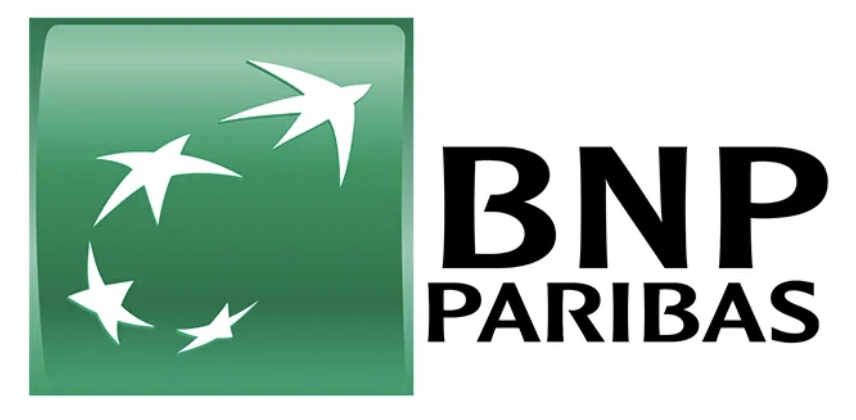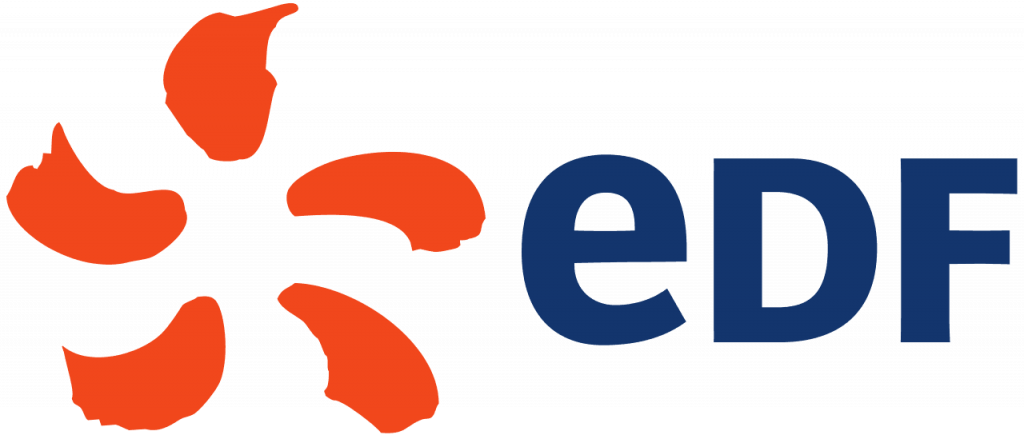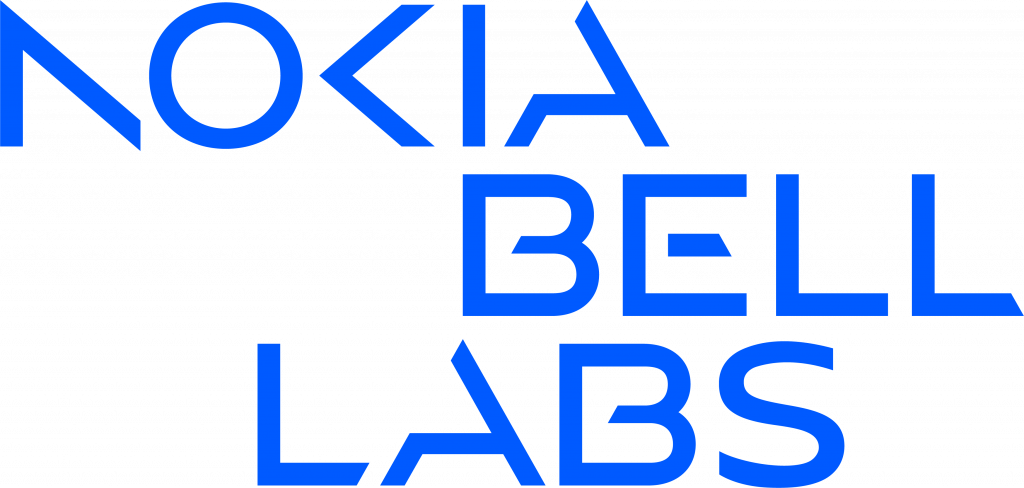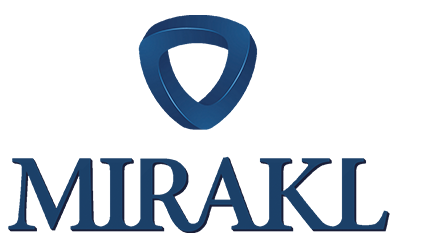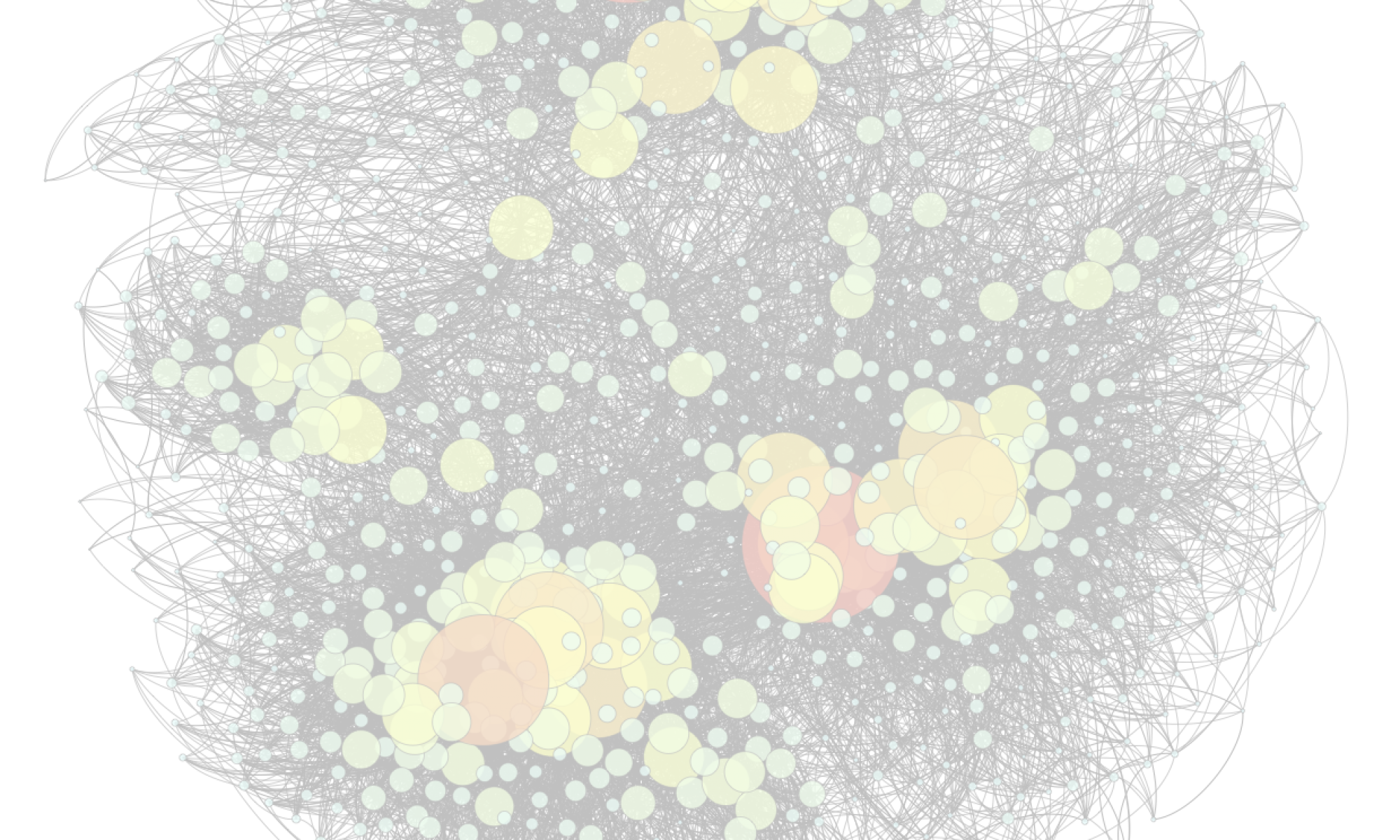The research interests of the DIG team span knowledge graphs, language models, foundational models, learning over tabular data, graph mining, and stream mining. The team develops methods for representing, integrating, and reasoning over complex, dynamic data to enable interpretable and trustworthy AI. Applications range from general-purpose AI to domain-specific areas such as healthcare and law. More specifically, the DIG team’s research activity covers the following topics:
- Knowledge Graphs
- Machine/Deep Learning
- Language/Foundational Models
- Natural Language Processing
- Logic and Algorithms
- Graph mining
- Stream Mining
- Application Domains: Healthcare, Legal Domain
Research Projects

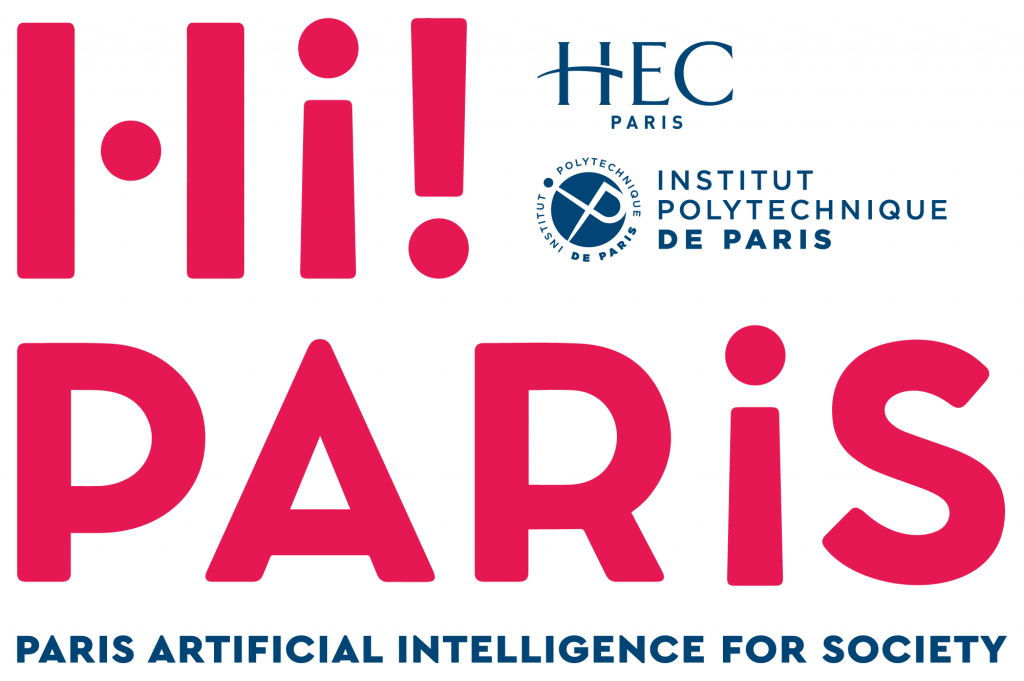
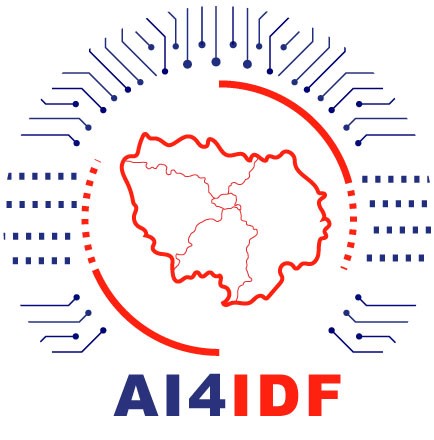

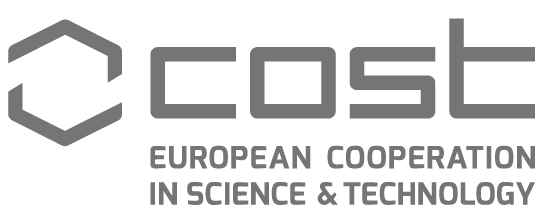
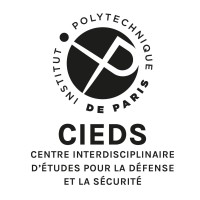
Industry Collaborations
